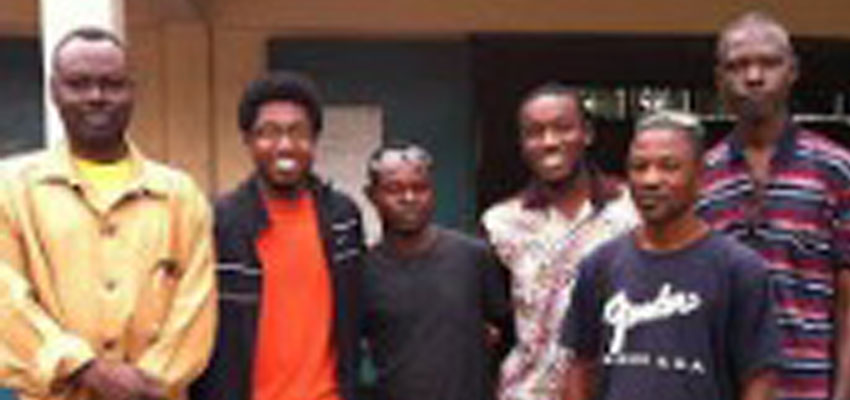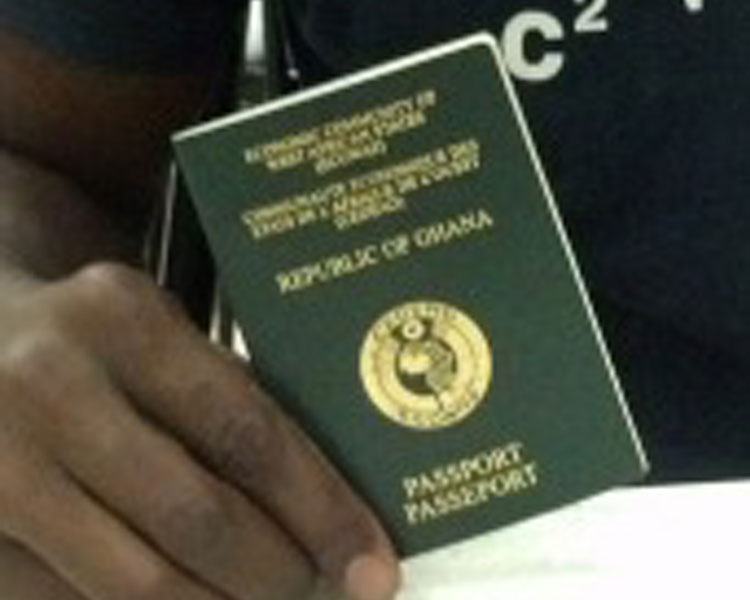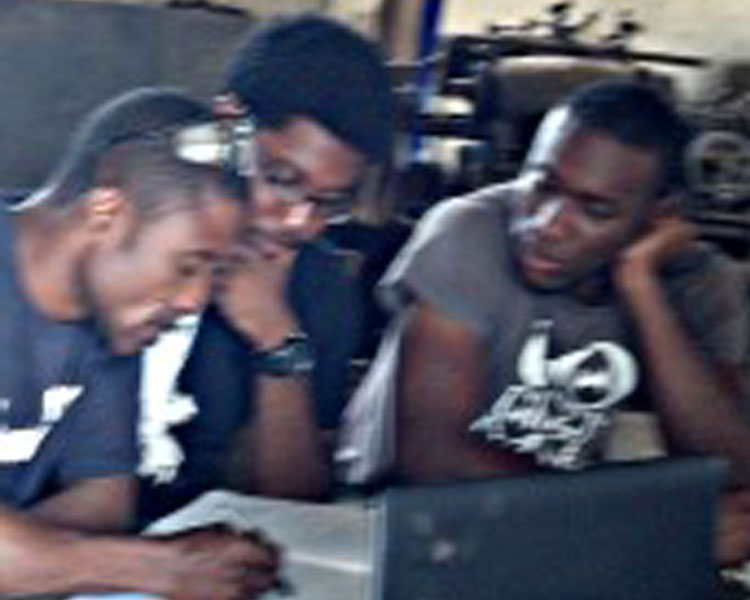
I am currently in Ghana with MIT student Chandler Douglas while my longtime MoringaConnect partner Emily Cunningham is directing operations in the US.
The past month has been full of navigating purchase order conversations with buyers, talking to well-established people in the start-up ecosystem in Ghana and also in the agribusiness space, learning more about how a distributor of raw materials in the cosmetic industry actually operates, fleshing out details of collaboration between community leaders and organizations with which we will launch cultivation of Moringa and our services, continuing R&D on our motorized Moringa seed sheller, creating a new list of oil presses to source after disappointing experiences from our previous shortlist, and maybe the biggest ongoing activity – identifying funding and investment.
Collaboration with community leaders and organizations
MoringaConnect aims to connect smallholder farmers to the global market for Moringa oil. We believe that with the right community engagement and investment in the capacity building of farmers, we can link the Moringa oil value chain from the farmer with surplus Moringa seeds all the way to cosmetic buyers looking for ethically sourced raw materials for their products.
However sourcing the seeds needed for oil extraction from outgrower farmers has unique challenges. How do you establish and maintain quality? Do you organize the farmers or interact with separately? How does accountability and monitoring work? What if farmers don’t pay back inputs you provide? How do you build farmer loyalty so they don’t look to make a quick buck from your competition? Why deal with all this instead of just starting your own commercial scale Moringa farm?
These are just some of the plethora of questions that have arisen over the past two months in Ghana and we’ve been tackling them one at a time through discussions with farmers, agribusiness owners, and community leaders. We’ve learned many lessons and by executing them in partnership with farmers and community leaders we work with will ensure that our investment and capacity building services to farmers will be mutually beneficial and have a community wide impact. We are excited to go through customary processes, get our hands dirty with pick axes and hoes in the coming months, and work alongside old and new Moringa farmers, as we capture value from nature’s miracle tree.
Incorporating and starting an agribusiness in Ghana
After lots of research and sifting through advice, we’ve decided to incorporate as a Limited Liability Company or LLC due to its simplicity, personal protection, and ease of transitioning to other structures. We will create a similar structure in Ghana, now that I have received my Ghanaian passport and have become a dual citizen! This was about a year long process that I was able to (legally) complete in a few weeks with the help of family.
It’s an exciting time to setup as a start-up in the agricultural space. There are now better opportunities for funding (though not much available for start-ups), market support, business training and capacity building, import duty exemptions, and tax benefits for agri-businesses. Over 50% of Ghana’s population is involved in agriculture and a significant portion of the nation’s GDP comes from the export of agricultural goods like cocoa, timber, and coffee. As such there is a huge potential for MoringaConnect to have an economic and social impact especially for small-holder farmers. Sadly, farming has been looked down upon by the educated in Ghanaian society. But it is clear from my discussions with the big and little fish in agri-business, investor circles, the government, and farming communities, and the increased interest in food security for Ghana, that more and more people her are realizing that our parents were wrong when they said money doesn’t grow on trees. Money does grow on trees. It is in on the branches, the trunks, in the leaves and even in the soil.
There are still many hurdles and challenges but it wouldn’t be fun or worth it if that wasn’t the case. We are navigating all this to set up MoringaConnect as an agro-processor and exporter in Ghana. With my dual citizenship US-Ghana process now complete, we aim to be fully registered in the next few weeks and, once we meet our funding goals, kickoff our oil extraction and farmer outreach operations.
The MoringaConnect Team
My longtime MoringaConnect partner Emily Cunningham graduated from Harvard and took the leap of faith to run with MoringaConnect full-time (in addition to part-time jobs – welcome to social entrepreneurship). Emily is managing our U.S. operations with a focus on lining up buyers for the Moringa oil we produce in Ghana. Originally from Weymouth, Mass., Emily is passionate about connecting her study of economics and experience in appropriate technology design to development challenges. She is a co-founder of a rural development venture in India and was part of a D-Lab design team that created a prototype for the MultiCrop Thresher that went on to win a Gates Foundation award. She has traveled extensively in Ghana, running trainings and working alongside community partners.
Joining me in Ghana this summer is MIT Mechanical Engineering student, Chandler Douglas (MIT Mechanical Engineering BS ‘i4) who was able to travel to Ghana with the support of MIT’s Public Service Center. Chandler has a background product design and manufacturing. He has led diverse teams in international and domestic service projects. He manages the manufacturing of MoringaConnect’s technologies in-country, and facilitates maintenance and repair services.
Our next team member will be someone with extensive business development and operations experience. I will reach out to the MIT, Harvard, and student base here in Ghana to work on the mini projects that can help our future work.
All in all, I’m learning a lot about being an entrepreneur in Ghana and I’m starting to see more of what I’ve actually gotten myself into. As scary and big as it sometimes feels, I’m loving it all.




